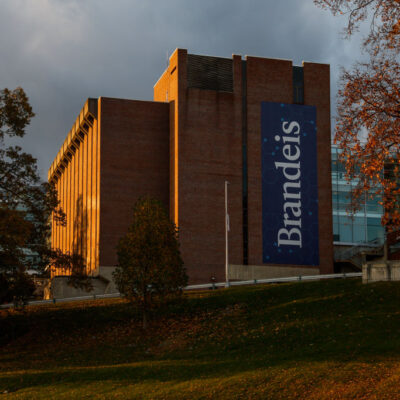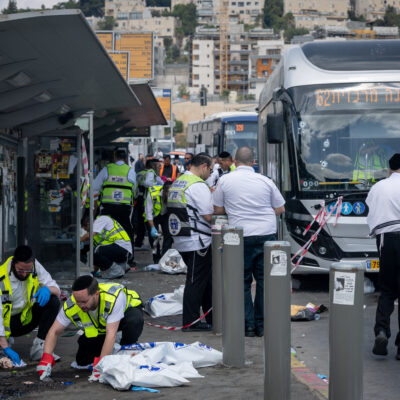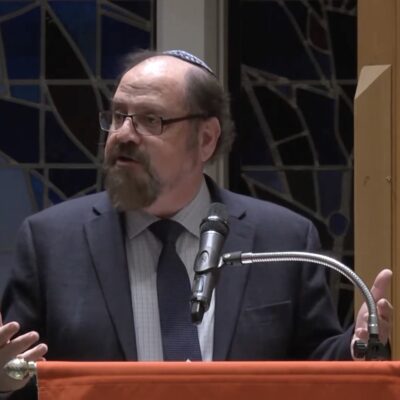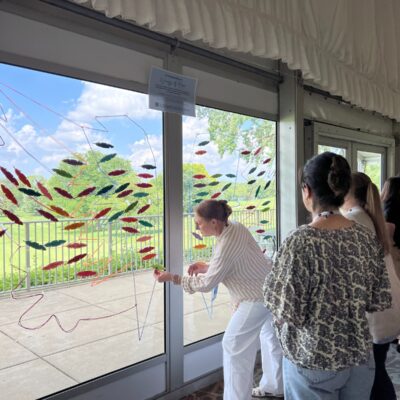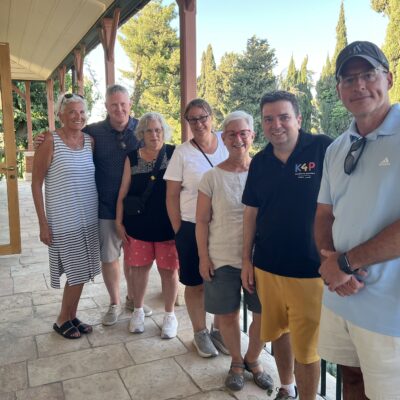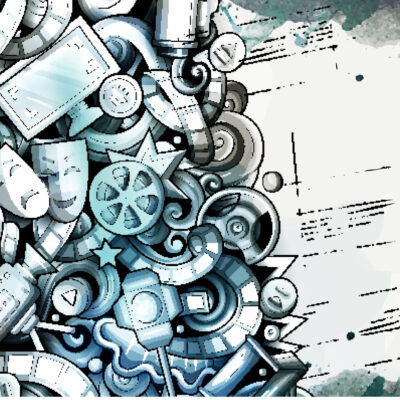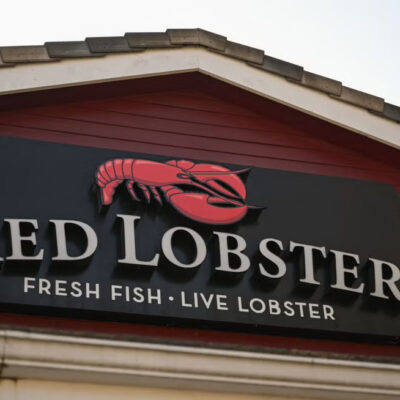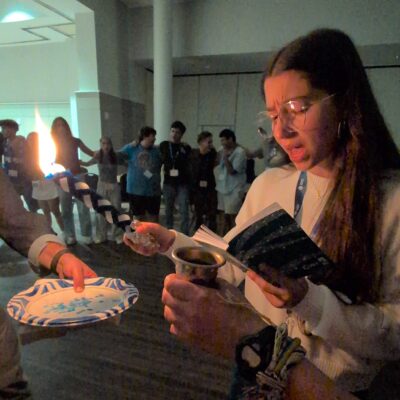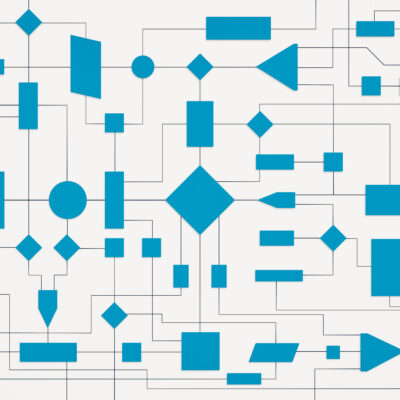Opinion
OUR ROLE TO PLAY
In times of crisis, we need artists to build bridges, not boycotts
When I describe my work, which is also my life’s purpose, I often frame it around three pillars. First is my deep love for the people, culture and creativity of Israel. Second is my unshakable commitment to justice. Third is my belief in the power of art and artists to move hearts, shift minds and advance a better world.
That is why performative gestures like Monday’s open letter, an artist pledge to boycott Israeli arts institutions, feel so infuriating. Not because artists should not take a stand, but because they chose spectacle over substance. Instead of using their unmatched ability to spark transformation, they settled for the theater of protest.
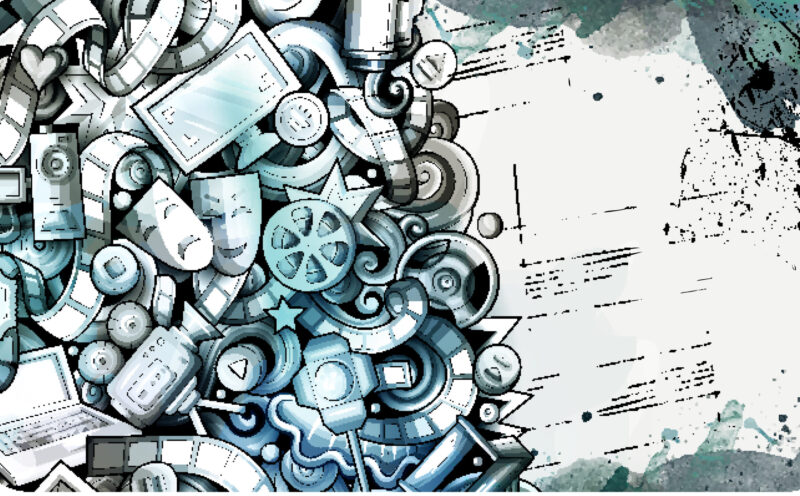
balabolka/Adobe Stock
History shows that artists have been central to every social movement. Their work, whether direct and confrontational or abstract and subtle, pushes us to think differently and imagine new possibilities. True artists strip away barriers, create moments of transcendence and open space for collective catharsis. At their best, artists remind us of our shared humanity and reveal the greatness we are capable of when we show up fully and authentically.
Performative calls and vows, especially by those far from the conflict who could model coexistence, does the opposite. They stifle dialogue, deny the artist’s true role and collapse into slogans rather than solutions. As choreographer Ohad Naharin has said, “The only reason I would think it is okay to boycott is if it really helps the agenda…if boycotting my company can help the Palestinian people, I would boycott my own show.” This pledge is unnecessary noise. It is a momentary distraction that saps energy, lacks creativity and does nothing to ease the very real human suffering, or move us toward peace.
Artists who want to end war, encourage diplomacy or promote reconciliation should be lifting up voices, not silencing them. They should be leveraging their artistry to amplify creative voices, collaborate across boundaries, expand dialogue and foster communities rooted in shared values rather than hardened by conflict.
Any artist in America today knows that governments, even democratic ones, do not always represent the will of their people. As Margaret Heffernan writes in Embracing Uncertainty: How writers, musicians and artists thrive in an unpredictable world:
“Where propaganda simplifies, urging us to stop thinking, art invites us into the liminal space between what is and what ought to be…[it creates] the conditions in which we can begin to imagine a future different from the present.”
I saw this firsthand last month in a unique collaboration that brought together Jewish artists from Israel with non-Jewish American artists and Arab artists. There were no press releases, no grand declarations. The art itself was the message. It did not make headlines, out of fear of cancellation or worse; but for those in the room, it was transformative. The unity we felt will ripple forward and lay the groundwork for more collaborations. It proved that art, when made and used with intention, can spark real connection and meaningful change.
The boycott letter stated, “In this urgent moment of crisis, we must do everything we can to address complicity.” I could not agree more; that is why I urge artists not to retreat into silence or spectacle, but to embrace the harder and braver work of creation, collaboration and connection.
Flo Low is the founder of Bamah, an arts-driven nonprofit platform for cultural dialogue and exchange between the U.S. and Israel.



